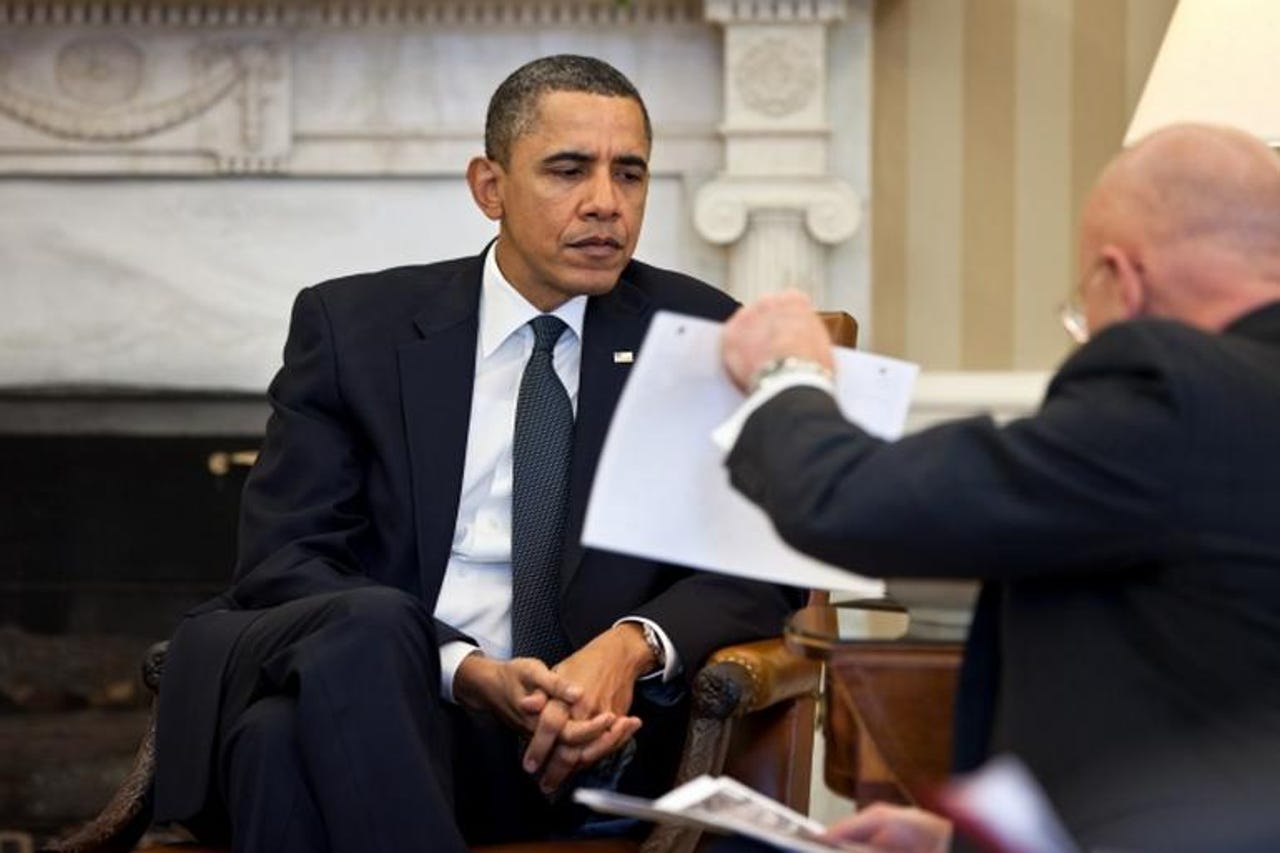Even if the Patriot Act expires, the worst surveillance will carry on


Mark your calendars. The minute the clock strikes midnight on June 1 is when a key part of the controversial Patriot Act expires, leaving the National Security Agency down but not out of the phone records collection game.
Section 215 has come to a particular infamy in recent weeks, thanks in part to comedian John Oliver, who on his recent late-night weekly talk show described how it is being used to vacuum up the phone records of millions of Americans. The concern was that the program was effectively spying on whom Americans were calling, contrary to Fourth Amendment principles against unreasonable searches and seizures.
But the law is coming to an end. The theory goes that once Section 215 sunsets, the NSA won't be able to collect those records, which it calls a "crucial national security tool."
Except, there's a catch. Almost nothing will change.
Rep. Zoe Lofgren (D- CA, 19th), whose California district includes Silicon Valley's powerhouses, explained on the phone some months ago that she and other lawmakers were "mindful" that the law is coming up to expiry, but warned its lapsing would "not solve the problem" of certain kinds of surveillance.
Section 215 may have taken the spotlight because it's the earliest to run out, but it's far from the most egregious. That's because a law, dubbed Section 702, which is designed to allow authorities to spy on only non-Americans, has a loophole that allows the authorities to -- you guessed it -- spy on Americans.
Rep. Thomas Massie (R-KY 4th), who campaigned on privacy issues and has been a staunch opponent in the House of the intelligence agencies, warned in an earlier interview that the backdoor can be used by the authorities to go on "fishing expeditions not related to terrorism." He said that could relate to tax fraud or drug trafficking to "recreate an evidence trail."
Read more on ZDNET:
And there's more.
If Section 215 expires, the secret court that authorizes the NSA's surveillance operations has said -- with its judicial power -- that the agency may carry on using it. The catch is that the NSA has to prove to the court that it needs it. The court, known as the Foreign Intelligence Surveillance Court (FISA Court), will almost certainly accept any reason it's given, considering over the past three-decades that it has been operational, it has authorized more than 99 percent of the intelligence community's requests. That's because the FISA Court only hears one side of the argument -- the government's.
No wonder even a judge on the court likened it to a kangaroo court.
The second reason is more nefarious. There's a little-known executive order which remains classified and its contents have only been seen by a handful of people outside the White House.
Executive Order 12333, which the NSA has previously said grants it the majority of its authority, may allow the government to do -- anything, frankly. We know as much as the rest of Congress knows -- almost nothing, because the contents are classified. (Anecdotally, from a series of interviews we're continuing to publish over the course of the next few weeks, senior officials in the intelligence community may not know of its contents.)
The question isn't whether Section 215 will expire. That's the NSA's problem. The bigger question down the line is what if Congress reauthorizes it...